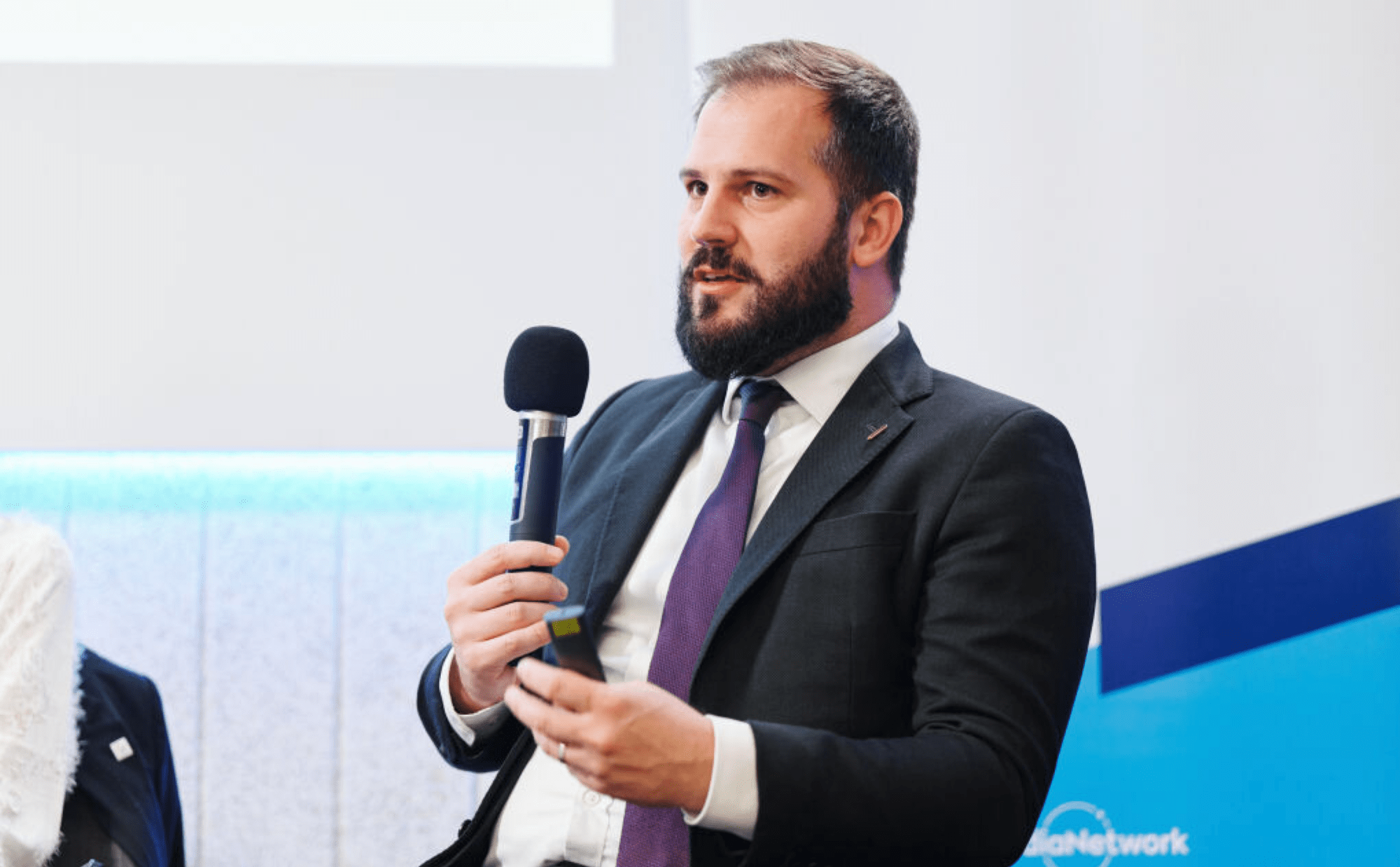Energy subsidies need flexibility, otherwise we build graves
05 \ 05 \ 2025

According to Milan Kučera, a partner at PORTOS, the current setup of subsidy titles in the energy sector is unsustainable in the long term. At the conference of the Czech Justice and the Economic daily Právo a energetika, he pointed out that the preparation of projects takes too long. It does not respond to the rapidly changing legislation, which leads to public funds being spent on technologies that are already outdated by the time they are implemented. “We invest from subsidies, but we build a technological poster child,” Kučera said. In his view, the Czech system lacks basic flexibility.
The conference was attended by, among others, Minister of Industry and Trade Lukáš Vlček, member of the Council of the Energy Regulatory Office Markéta Zemanová and Executive Director of the AKU-BAT CZ Jan Fousek.
Kučera warned against fixing subsidy calls to a specific legislative state. Changes at the level of EU directives and national legislation are common and should be an expected part of subsidy programmes, he said. But I have to take into account that key regulations evolve and that the project has to reflect the current requirements," he explained during his presentation.
Legal certainty, yes, but not at the expense of efficiency
The discussion at the conference showed that changes are needed not only on the part of the state administration, but also among the applicants for subsidies themselves. According to Kučera, they should stop thinking in the way of “let's adjust the project to fit the call” and start planning with future developments in mind. It is important to strike a balance between the flexibility of subsidy calls and legal certainty.
"We cannot define the legal limits or requirements for a specific project only in the grant agreement. That moment has to come earlier - at least when I have the tender documentation," Kučera described. But he added that applicants should bear a higher level of responsibility because “something rarely changes overnight” in legislation and its development is publicly discussed months in advance.
Energy efficiency first: beautiful on paper, impractical in municipalities
According to Kučera, a major challenge for the next period will be the transposition of the European Energy Efficiency Directive, in particular the implementation of the “energy efficiency first” principle. This should bring a clear priority for energy saving solutions in subsidy programmes. However, it is the public sector - municipalities and regions - that have problems implementing these options.
"We encounter that a municipality cannot choose an energy-efficient solution because it is, for example, five percent more expensive. Immediately there are concerns about liability, due diligence and threats of damages. And a cheaper, but less efficient option is chosen instead," said Kučera, identifying this as one of the key problems of public investment. That is why he considers the implementation of the “efficiency first” principle to be crucial not only for businesses, but especially for the state and local governments.
Prepare for the changes to come
The current subsidy period is a chance to change some things, according to Kučera. He believes that the transformation of the Modernisation Fund will play a crucial role in this. "The subsidy policy must not be fixed to the moment the call is announced. It must be able to absorb the development of legislation - but with a reasonable limit, for example in terms of time or money."
Milan Kučera of PORTOS warned against inefficient use of subsidies in the energy sector during his speech at the Law and Energy conference.
He also mentioned examples from practice, where the process between the issuance of a decision on a subsidy and the signing of a contract can drag on for up to a year and a half - which is long enough to change, for example, a European directive or national legislation. If these developments are not translated into a final solution, the system fails.
With flexibility and quality, legislation will be useless
Kučera emphasised that the legislative framework of the Czech energy sector has undergone a major modernisation in recent years. But now these changes need to be implemented in real projects. “Without this, the legislation will remain just on paper,” he summarised.
According to him, the necessary flexibility should not be written into contracts, but into the terms of the calls themselves. Key rules - including, for example, tolerance for changes in emissions requirements or performance parameters - should be determined there. "It is not possible for a project to receive a subsidy and yet not meet current legislative standards at the time of completion. Such a project should never be delivered with public money," he added.
A recurring theme in the panel discussion was the need for systemic modernisation - not only technical, but also administrative and organisational. In addition to the subsidies themselves, the need to strengthen the role of energy storage, flexibilities in the electricity market, as well as the transformation of the transmission and distribution system was mentioned. The Energy Regulatory Office is preparing new implementing decrees to incorporate these modern elements into the system, according to council member Markéta Zemanová.




